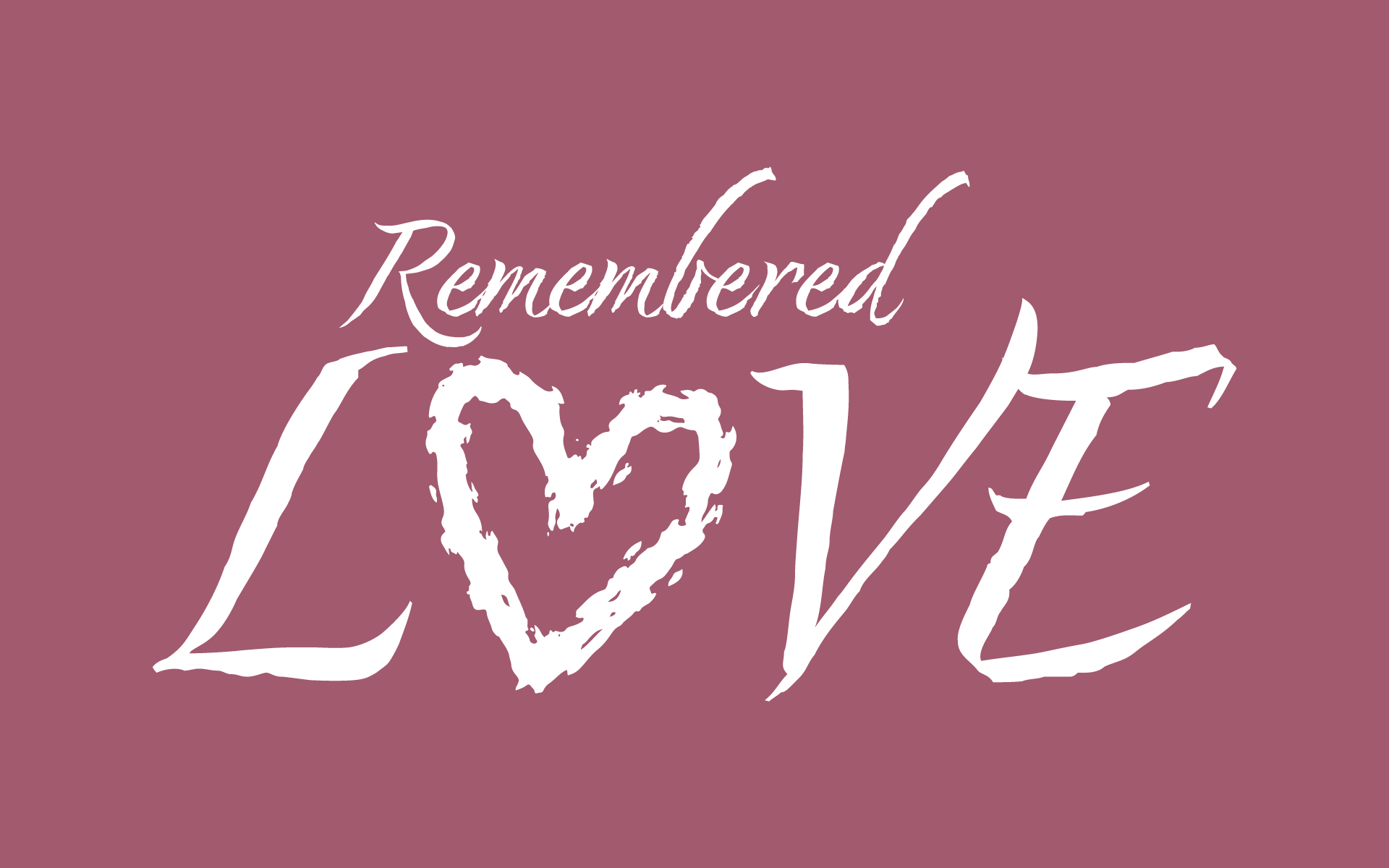We’re all mortal, but we live on in the stories we leave behind.
As I grow older, I realise that death is part of my design. Like you, I was designed to die. This is not how I felt in my invincible youth when the idea of mortality was abstract at best, and I felt elastic and fantastic.
Now, if I pause to look at the way the skin folds over my 53-year-old hand, I can only anticipate its further parching. My body is telling me things if I’d care to listen.
A friend of my mother’s, aged 86, called me the other night to wish me a happy birthday. She enumerated the collapses, breaks, falls, frays, dislocations, failures, sprains, operations and complications recently endured by her and her husband.
“Old age is not for sissies,” she said. Indeed not. Still, eighty-six is good going. I’ll be amazed if I’m still around then, and shudder at how I might struggle to move.
Maybe I should start saving for the hi-fi I’d like installed on my wheelchair, and source some off-road tyres?
My intimations of mortality are not only gained in the mirror, however. Recently I’ve been enrolled to assist with the occasional memorial service.
Helicoptered into a family in their sudden grief, I’ve quickly determined who’s who, who’s far away, who’s coming, who’s not talking to who and who needs to assert the way someone would have wanted things done.
One good thing about funerals and memorials, I’ve seen, is that they certainly do draw people together.
This has been a tremendous privilege for me because I do like to feel useful. I have learnt that I possess an uncanny sense of quiet patience and at times a calmness that seems to rub off well on the people around me.
I can be still, and wait, as I’ve learnt it’s wise to do, as people find their voice, which to them sounds slightly different in the absence of a loved one. There’s an echo in grief, and it’s disconcerting at first.
My job is to help acknowledge what’s happening for them, and as they fumble into a new emotional landscape, touch things anew, and provide a kind of handrail for them. Something totally reliable. Together we discuss what will happen on the day.
I’ll ask questions about the person who died. One of my favourites is to ask them to imagine the person in their ultimate happiness. What were they doing? Families leap up to describe this, unequivocal.
It provides a way for them to be on the same page, as their grief sometimes goes in different directions. One remarkable thing I’ve learnt is that when people talk about those they’ve lost, the love they received lives on in their features. Their faces light up.
This inclines me to believe that truly, love never dies. It is passed from person to person and lives on in our actions and behaviours. Those we love change us and live through us after they’ve gone.
There’s a massive amount of trust involved in these ceremonies. Essentially, I am a recent stranger, enlisted to help honour the life of a person who was more often than not the love of someone’s life.
It’s usually the children who find me, and through them, I identify as the child of someone too, as a son, doing right for the surviving parent, supporting a mother or father.
I think of my own mother, far away, and her slow journey toward death’s door. This is something we have managed to talk about.
My siblings and I know what her final wishes are, and this makes it easier for us to honour her when the time comes. Let’s not pretend that it won’t.
My own wishes are written down in something called a “death file”,’ easily found in my bookcase. It includes a playlist, by the way, on a flash drive.
Besides simply “holding space” for the grieving family in our time together before the ceremony, I must provide a kind of channel to accommodate requests as they emerge.
Things like, Uncle Toby found a poem that my dad wrote. He doesn’t think he can read it, but he might. Let’s see on the day. If he can’t, will you? Of course, I say. I’m really just here to help.
Because most of the ceremonies I am part of don’t happen in a church, I will find comforting words, and wise words uttered by others through time. Sometimes they’re prayers, sometimes not.
But I must also craft a homily, a story of the deceased that helps people understand their death on a spiritual level.
Deep listening and a bit of creativity usually spring some useful metaphors, and containers for people’s grief. The skills I developed as an improvising stage performer are very useful.
For example, for someone who really loved gardening, I used the cycle of the seasons, the beautiful clear summer of a full life and its inevitable autumn, the chill of loss followed by a time where the shoots of love they planted in us are nurtured by our memories of her.
Or the man, fairly recently, who relished exploring every element – hiking, diving, flying. He inhabited it all and lived a fiery life, passing his flame to us all as we go on our ways, lighting our path with a way to live.
I send what I have written to the families beforehand. No one likes a surprise at a memorial. Usually, afterwards, people say, it’s almost like you knew my dad or my mom. And frankly, that’s because I do.
For I am human too and am united with you in this brief and precious wink of time we call life. We’re just doing it the best we can. And facing death, in a perverse way, is when I feel most alive, most inspired, even as I fade.

Leave a Reply